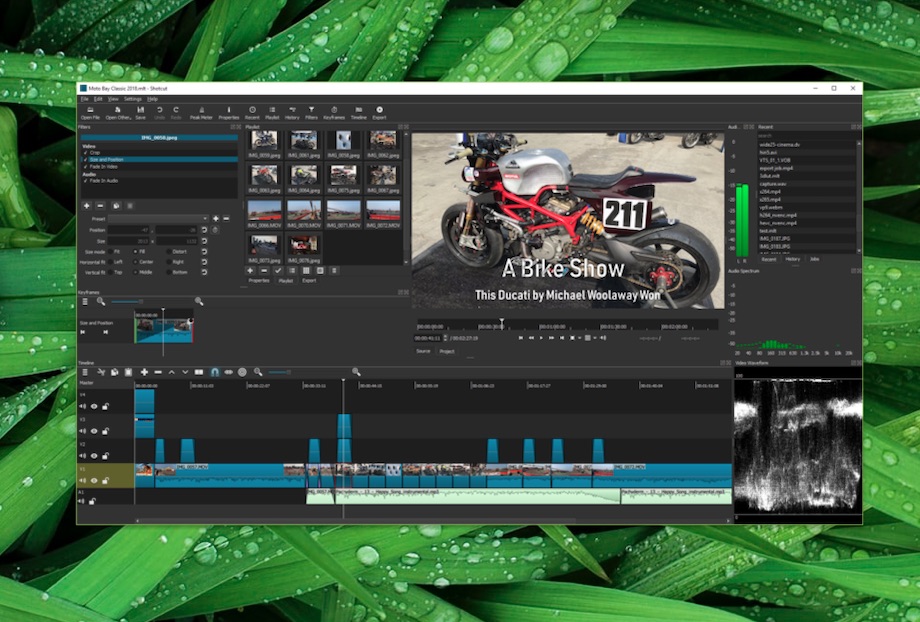

Live-Demo helps you to explore the available parameters and to generate some example code. ?access_id=584ee88b-4525-4f14-b2ea-94dedda17a30īy requesting this URL, the input file will be imported into the system, processed by sonicAPI and the output file will be downloaded by your browser. The button is just a link with a specially constructed URL: With a Cmin7-arpeggio and speed it up by a factor of 1.2 with a simple click on this button: Information on the level of the output file: peak_level is the overall maximum level of the output file in dBFS - if peak level is higher than 0, clipped is set to true and you should consider actions to avoid the overload.Ĭontains the values of all task parameters for this process. If there is anything you should know about, we will tell you here.

When calling process/elastiqueTune upon the same audio with a MIDI list of 60-63-67-70 (C-Eb-G-Bb) the audio will be changed to a Cm7 arpeggio. Example: The melody analysis returns a list of 4 MIDI pitches of 60-64-67-72 (equals C-E-G-C, a C major arpeggio). In conjunction with the melody task the elastiqueTune task can be used to change individual notes of a monophonic audio file by passing in a dash-separated list of MIDI note values with the midi_pitches parameter. It cannot by applied to polyphonic audio signals.Īnother use case is melody modification.

Pitch correction is sometimes also referred to as "auto-tuning". If correctly used, it allows you to improve the perceived quality of the musical performance. Pitch correction allows you to automatically correct intonation problems of a singer or an instrumentalist who deviates too much from the target pitch. The elastiqueTune task can apply pitch correction to single-voiced audio files such as vocals or a saxophone in addition to the parameters already available in the elastique task (tempo, pitch, and timbre). Apply pitch-correction to a single-voiced signal.


 0 kommentar(er)
0 kommentar(er)
